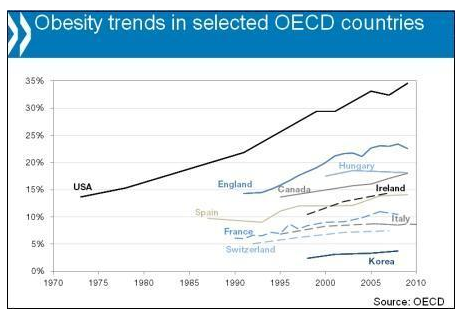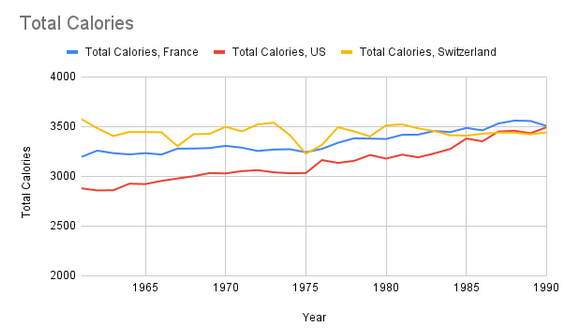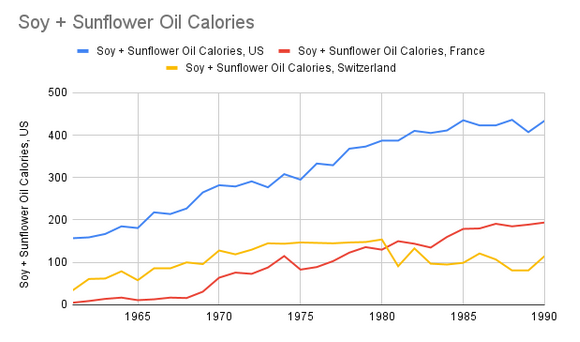Here is a link
Written by Dr. Joshua Wolrich who from the pictures looks to be pretty young. I only read the sample and I like to read things that are different from what I think to avoid confirmation bias Plus there seems to be a new movement (I know it is not brand new) that is gaining traction with the health at any size and so on. As a heavier person I like that aspect as even when I considered myself a healthy weigh, doctors would make assumptions but I am pretty knowledgeable and able to self advocate so I do not worry much about that! Although I still have less than fond memories of one of my children’s pediatricians who was in his 50s or 60s at the time (the child has graduated college!) making a comment at her 4 month check up that she was overweight (that was the implication, I do not remember exactly what he said), and I should think about starting her on solid food sooner rather than later (ignored it of course). I liked him otherwise, he was not quick to prescribe antibiotics for every nonsense and so on so I let it go and ignored anything he had to say about weight from then on
He is against any restrictive diets including Keto so I do not want to support this but I am interested.
I tried to find it in an online library but my local public does not have it and I would rather not spend money on it without knowing more.









